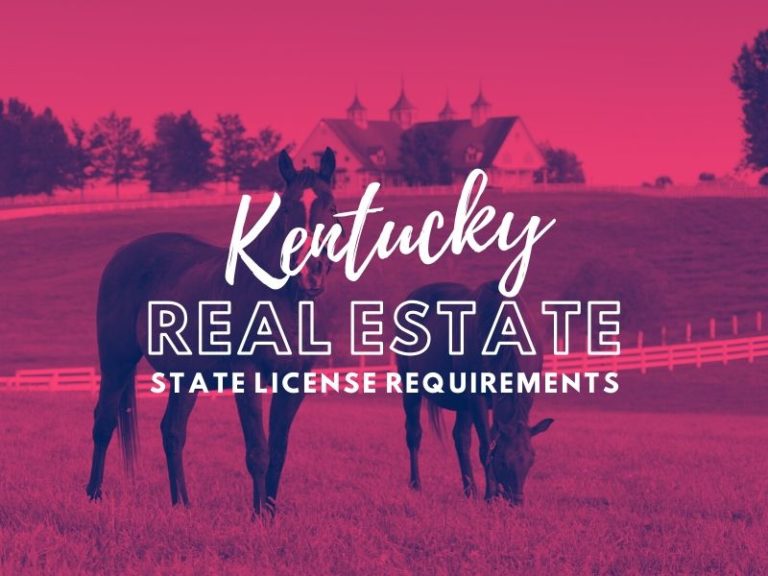Real Estate License Expiration: Understanding the Consequences
In the ever-changing real estate industry, staying up to date on the necessary licenses and certifications needed to operate can be a daunting task. Unfortunately, this critical part of running a successful real estate business is often overlooked or left unmanaged until it’s too late – resulting in costly consequences. In this post, we will discuss why license expiration matters and how to avoid situations that might lead to extended downtime for your business.
Overview of Real Estate Licensing Expiration
Obtaining a real estate license can be a great way to jumpstart your real estate career, but it doesn’t last forever. All U.S. states require that real estate agents renew their licenses every two to four years. Failure to do this means the license will become inactive, and access to certain resources, such as Multiple Listing Services, will no longer be available to the licensee. Generally speaking, agents have several options when it comes time to renew their license: enroll in continuing education courses at an accredited institution, complete a state-mandated exam or demonstrate current verifiable experience related to real estate within the past two years. However, these requirements can vary by state so it is wise for agents to check on the specifics prior to expiration of their current license.
What Happens When Your Licence Expires
As the real estate industry evolves and changes, it is important to stay up-to-date with licensing requirements. When your license expires, there is no longer a legal way for you to practice your profession, and you may face serious repercussions for continuing to work unlawfully. Thankfully, renewing your license is relatively easy and straightforward – you must meet the ongoing training standards and pay applicable fees and taxes. It is essential to understand the expiration date of your licence, especially since they differ based on individual states or countries and range from one year to multiple years in length. Reviewing renewal information can save your career in the long run and ensure that you are always up-to-date with current laws and regulations.
How to Check Your License’s Status
If you’re considering a career in real estate, one of the first tasks to complete is checking your license’s status. Make sure to check your state’s licensing regulations and familiarize yourself with any other requirements, such as passing exams or completing educational courses. It can be helpful to visit the websites for professional real estate organizations in your area for updated information about specific rules and steps necessary for becoming a licensed realtor. Remember that all states have their own standards and processes for licensing, so aspiring agents should ensure they’re up-to-date on the most current requirements for where they plan to practice. With a little preparation and research, you’ll be well on your way toward getting your license.
The Consequences of Failing to Renew your License on Time
Failing to renew your real estate license on time can lead to costly consequences. Not only could you face stiff administrative penalties from the regulatory agency, you could also lose your ability to represent clients in transactions for an extended period. Furthermore, even if you do eventually regain your license, it could take considerable effort and expense to make up any lost ground in building relationships with clients or colleagues in the industry. It is best to plan ahead to ensure that licenses are renewed well before the deadline, avoiding potentially severe repercussions.
Tips for Avoiding the Consequences of an Expired License
As a real estate agent, having an expired license can have severe consequences for you and your clients. To avoid these consequences, you must always stay up-to-date on renewing your license – which typically requires completing appropriate continuing education credits every two years. Keeping track of deadlines and scheduling reminders can help as well. With proper planning, it’s easy to ensure your license never expires so you can remain in good standing with state requirements.
Additional Resources and Considerations for Real Estate Professionals
As a real estate professional, staying current on industry trends and regulations is essential to serve your clients best. Utilizing resources such as trade magazines, seminars, and industry membership organizations can go a long way in helping you be knowledgeable in the latest business practices. Additionally, researching the economic climate and how different variables can affect the value of real estate is another important consideration. Finally, networking with other business owners and professionals who have experience in real estate will give you insight into local market conditions which could be invaluable when making decisions for your clients.
A real estate license’s expiration is an important event that all professionals, new and experienced alike, must consider. It doesn’t matter if you’re a broker, appraiser, or home inspector; each license has its own terms given by the state in which it is issued. Ultimately, it’s the licensee’s responsibility to track when their license expires and renew them promptly. Planning ahead with expiration dates in mind and utilizing the available resources for filing for renewal with enough time to spare should help make sure licensees don’t suffer the unpleasant consequences of an expired license. Hopefully, this article provided some valuable information on why keeping track of these expiration dates is important and what can happen if they aren’t taken seriously.
Q1: What is a real estate license?
A1: A real estate license is a professional certification that allows individuals to conduct business related to the buying and selling of land, buildings, and other forms of property.
Q2: How long does a real estate license last?
A2: Usually, a real estate license will last two years before needing to be renewed. Each state has its own rules and regulations regarding licensing renewal intervals.
Q3: What are the consequences of failing to renew your license on time?
A3: Failing to renew your real estate license on time can lead to costly penalties from regulatory agencies as well as losing one’s ability to represent clients in transactions for an extended period. Furthermore, it could take considerable effort and expense in order for one’s reputation with clients or colleagues in the industry to be regained after such an incident occurs.





